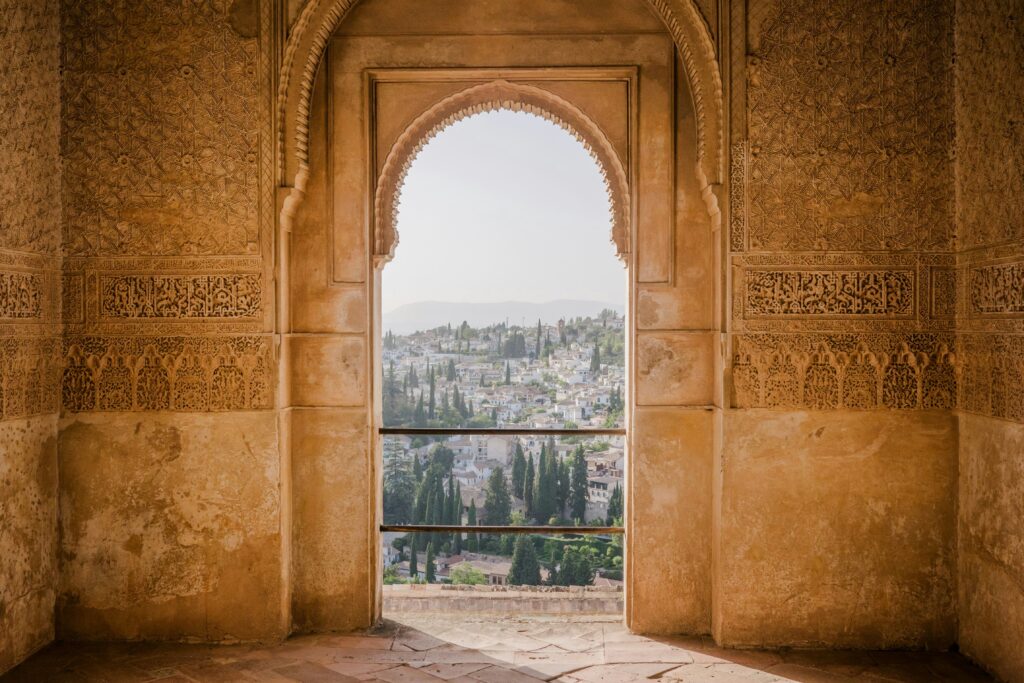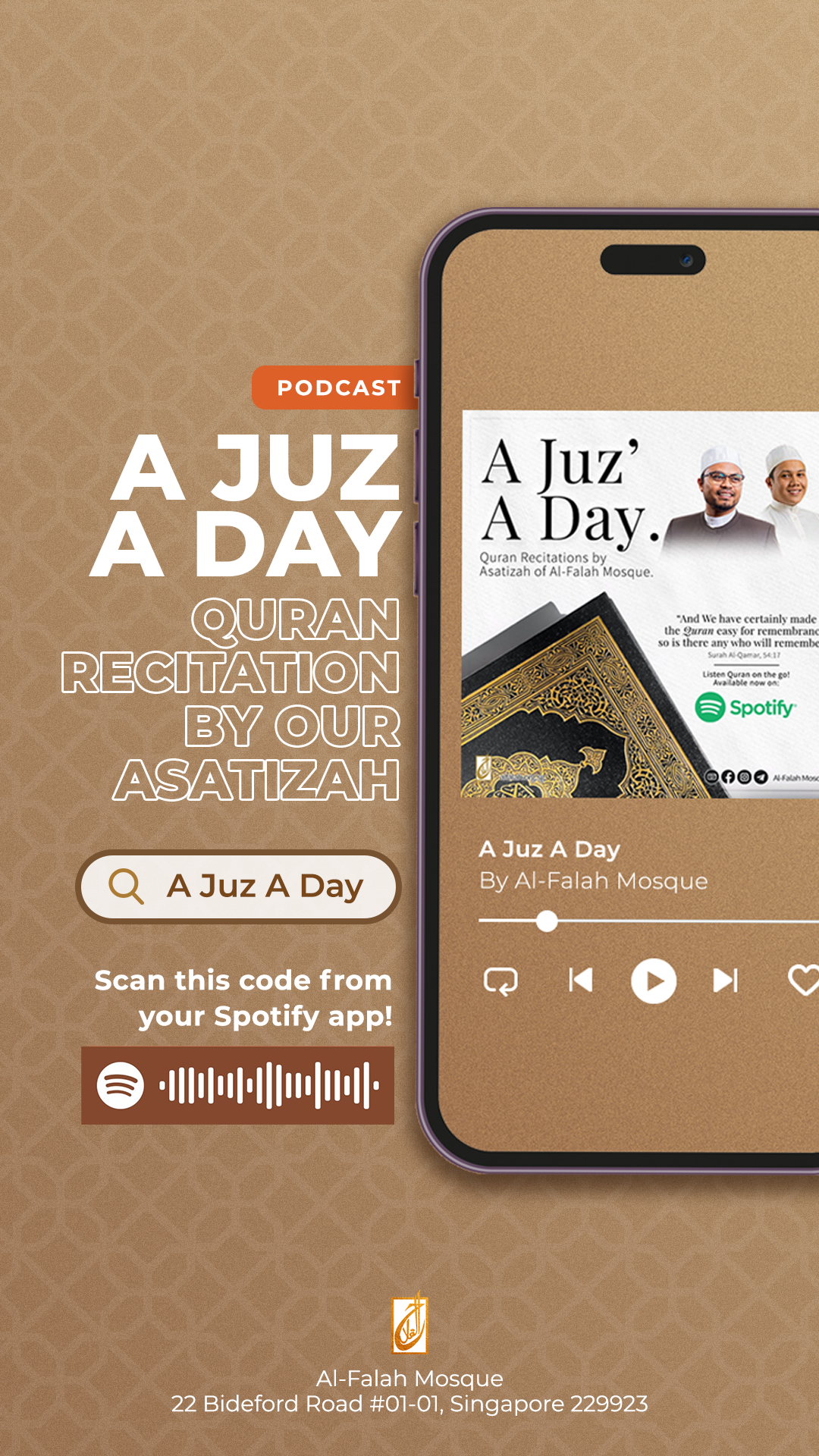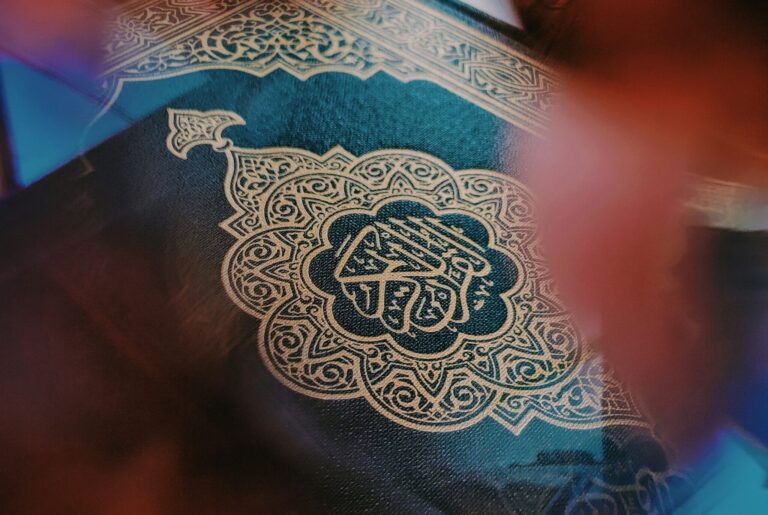Ramadan, Articles
Getting out of Ramadan slump

Getting out of Ramadan slump – Thriving midway
The objective of fasting is to attain taqwa. When Allah Ta’ala commanded us to fast he ended the command with the words “so that you may achieve taqwa”. Taqwa is commonly translated as being righteous or being in the state of mindfulness. Allah Ta’ala says in the Quran:
يَٰٓأَيُّهَا ٱلَّذِينَ ءَامَنُواْ كُتِبَ عَلَيۡكُمُ ٱلصِّيَامُ كَمَا كُتِبَ عَلَى ٱلَّذِينَ مِن قَبۡلِكُمۡ لَعَلَّكُمۡ تَتَّقُونَ
“O believers! Fasting is prescribed for you, as it was those before you, so perhaps you will become mindful of Allah”.
(Al-Baqarah:183)
The Qur’anic scholar Sheikh Muhammad Sayyid Tantawi in his book Tafsir Al-Wasit, explained that taqwa means either prevention or protection by preventing oneself from doing any evil and protection from the punishment of the hereafter. Taqwa is also mentioned as protection against any illnesses due to excessive eating and drinking from a certain type of food and drinks.
Now that we know the objective of fasting, how do we go around achieving this objective? Fasting for a full month may not be easy for some. Moreover, attaining taqwa may be a new concept to a few. No doubt that in fulfilling the act of worship, one will face different types of challenges, but attaining the objective is never impossible, insyaAllah.
Building momentum
In the first ten days, let us focus on building our momentum for Ramadan by taking care of our physical and spiritual wellbeing. Have we ever considered the choices and quantity of the food and drinks we consume? The type of food that we are consuming may not be fitting after a day’s fast which may upset our stomach. As far as possible avoid breaking your fast with too much oily food and sweet drinks. It is common in our community to overeat upon breaking fast.
Light exercises, like walking, can still be carried out without causing harm to our fasting body.
As for our spiritual well being, Ramadan is a training ground for us to start or restart our connection to Allah taala. No doubt doing more will result in getting more rewards. As mentioned by the prophet ﷺ in a hadith,
“The acts most pleasing to Allah are those which are done continuously, even if they are small.” (Muslim: 612).
Consistency is the key to a successful act of worship, even when the act is small.
However, the quantity shouldn’t matter whether it is two rakaat or eight rakaat or twenty rakaat, as long as it is done with consistency that would be the best in the sight of Allah ta‘ala.
Recently a student, a working adult, shared with me that she is only able to perform eight raka‘at (units) of tarawih. This is due to her feeling exhausted after a full day at work and having to go back to her family afterwards to perform her responsibilities. However, she became frustrated when she was informed that tarawih will only be completed if she performs it at twenty full raka‘at. Hence, she felt guilty of not performing her Ibadah well.
As mentioned in At-Taqrirat As-Sadidah a syafi‘i fiqh manual by Sheikh Hassan al-kaff, the minimum raka‘at of tarawih is two raka‘at. This provides relief to those who are just starting to perform tarawih or struggling to do so. This also shows the importance of asking the right person to clear our confusion so it will not just correct our misinformation but also enable us to perform our Ibadah well.
Same goes for reading the Quran. It is not compulsory to complete the reading of the entire Quran in the month of Ramadan. Do not rush in our recitation. Take our time to recite maybe half a page to one full page a day. Also try reading the translation to understand the meaning and ponder over it, so that we will be able to benefit from our recitation.
Serving the community
After building the momentum in the first ten days, let us move on to how we can benefit in the next ten days. Ramadan is the month that every act of worship will be rewarded in multiple folds including giving charity. This is also the month when zakat al-fitr was made obligatory.
Often, charity is misunderstood as only through giving monetary value, but this is untrue. Doing charity can be as simple as smiling towards the people around you, or removing any harm that obstructs the road. One can also perform by giving your time to serve the community. For example, you can volunteer at any mosque or organization that needs our help. You may also want to reach out to your nearest neighbour like exchanging food or helping them with tasks.
Attaining taqwa through charity work is a noble act. As this religion is not only built upon our relationship with Allah ta‘ala alone, but also the relationship with His creation too. As the prophet ﷺ said,
“No one of you shall become a true believer until he desires for his brother what he desires for himself” (Bukhari:13).
Serving others will give the satisfaction of fulfilling your religious obligation and the rights of your fellow Muslims over you, thus this will add value to your Ramadan and reach its objective.
In seclusion, between you and Allah ta‘ala
Now we come to the last ten nights which are the crucial ones. As we are in the final leg of Ramadan, this is also the moment to dedicate special moments with Allah. Hoping to be gifted with laylatul qadr. The reward for worshiping on this night is equivalent to one thousand months or eighty-three years. Allah ta‘ala says in the quran :
لَيۡلَةُ ٱلۡقَدۡرِ خَيۡرٞ مِّنۡ أَلۡفِ شَهۡرٖ
“The night of glory is better than a thousand months.”
Take this opportunity to add more sunnah or voluntary prayers in the night time. Join any mosques in their qiyam al-lail programme or you can perform the prayers at your own home. You can also follow the footsteps of the prophet ﷺ who was known to seclude himself in the mosque during the last ten nights which is known as‘itikaf.
Remember to make lots of dua, and the best dua for laylatul qadar for the last ten nights is what the prophet taught his wife, ‘Aisyah (may Allah be pleased with her).
“I (‘Aisyah) asked : O messenger of Allah, if I realized laylatul qadar, what should I supplicate in it?” He ﷺ replied: “ you should say, Allahumma innaka ‘afwu tuhibbul ‘afwa f‘a- fu-‘a nni” which means O Allah you are most forgiving , and you love forgiveness; so forgive me. (Tirmidhi :3513).
This Ramadan is the start
Attaining taqwa cannot be done in a single Ramadan. The momentum that you have built, relationships with the community and most importantly with Allah ta‘ala should continue beyond this Ramadan. With persistence and consistency each small act of worship will move us closer to the objective of attaining taqwa. I pray that with each Ramadan we meet we will make stronger relationships and a better muttaqi (person of taqwa).
Disclaimer
Support Our Dakwah










